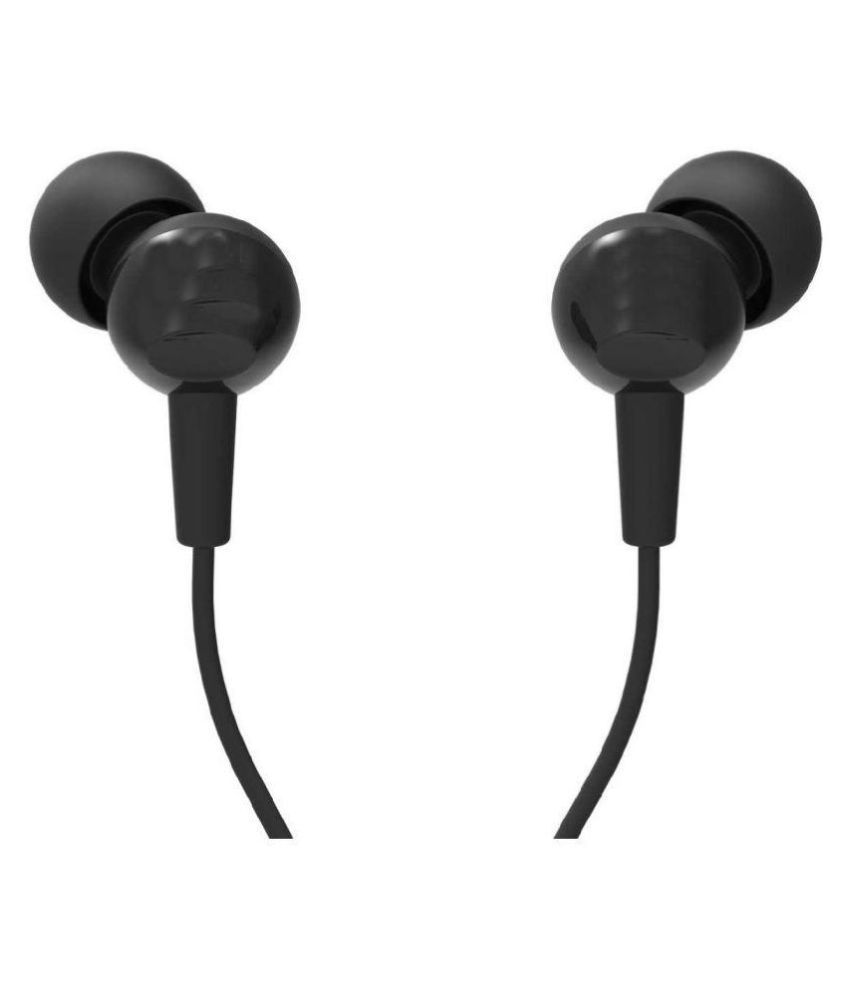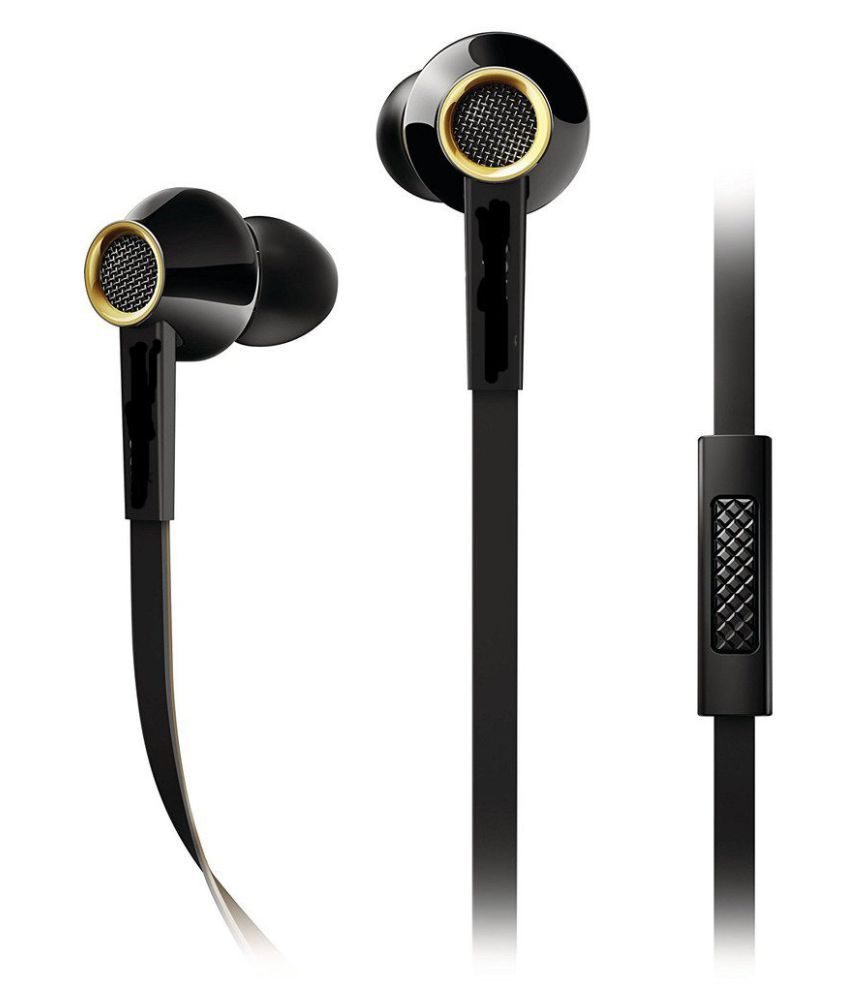Blackberry Z10 Headphone Jack Not Working
- Blackberry Z10 Headphone Jack Not Working Iphone
- Blackberry Z10 Headphone Jack Not Working Together
- Blackberry Z10 Headphone Jack Not Working Remotely

Ever since I dropped a beautiful, pristine BlackBerry Z10 on a sidewalk and rendered it useless, I’ve wondered why the Z10 failed where other smartphones survived.
The Z10 is the first BlackBerry 10 smartphone. It doesn't work like most other smartphones (notice there's no home button), so it has a fairly steep learning curve for anyone used to iOS or Android. The BlackBerry Z10 is a conservative slab that still manages to exude the essential qualities of the BlackBerry brand. Headphone Jack (3.5mm), NFC. For years Blackberry and Mac didn't work.
As you may recall, I performed a series of drop tests from three heights (waist, ear and over my head) on three different surfaces (rugs, wood and concrete). The Z10 made it through to the ear-high, concrete drop, which shattered the screen and, to my surprise, made the touch-screen function inoperable. The LCD continued to work, but I could no longer control the phone.
I’ve seen a lot of broken smart phone screens, mostly iPhones that, despite a fractured-glass spider-pattern on the display continue to respond to touch. What about the BlackBerry Z10, a flagship phone that the recently rechristened BlackBerry — nee RIM —- is more or less betting the company on, made it so different that a broken screen would render it useless?
Blackberry Z10 Headphone Jack Not Working Iphone
Screen Tech
All mobile phone displays have three layers: a glass cover panel, a touch layer, and an LCD screen. BlackBerry used what’s known as Touch On Lens technology to produce the Z10’s 1280 x 768, 365 PPI screen. This increasingly popular touch-screen construction removes the air layer between the translucent touch layer and the glass cover panel. The benefits? Lower costs, a thinner phone body and, most importantly, measurably lower screen reflectivity.
I wondered, though, if this change was the reason my drop test killed the touch function on the phone. To learn more, I spoke to display expert Dr. Raymond Soneira, president of DisplayMate Technologies. Soneira told me that Touch On Lens is one of many touch-screen strategies that actually remove a layer of glass or film that houses the touch layer.

Similarly, the iPhone 5 uses in-cell touch, which Soneira said is better “in principle,” but may also be the source of the iPhone 5’s production delays.
Overall, these new display production strategies do reduce reflectance, but, Soneira explained, “because the touch layer is on the bottom of the cover glass, if the cover glass cracks you're finished.”
“For mechanical survivability, nothing beats the older cover glass with an air gap between it and the separate display with touch. It has much higher survivability; you just have to replace the cheap cover glass rather than the entire display including the touch screen, but it is much thicker and has high reflectance,” said Soneira.
There is another problem. The BlackBerry Z10 is not using Corning’s resilient Gorilla Glass (I confirmed this with Corning). So you have some kind of hardened cover glass (BlackBerry has not specified what type) with a touch panel applied directly to the back of it. This gives you a thinner smartphone, overall, but one that may not be as strong as other Gorilla Glass sporting devices on the market today.
Break It Down

The BlackBerry Z10, which should ship in the U.S, this week, is not a flimsy device. Quite the contrary. It has a thin rigid frame and feels solid, yet lightweight in the hand. Even so, I wanted to see if the guts of the smartphone offered any further clues to its relatively poor drop performance.
So we tore it down.
First of all, like most of today’s mobile gadgets, the BlackBerry Z10 is really not designed to come apart or be repaired. Yes, the back comes off easily to remove the battery and SIM and micro SD cards. After that, though, it’s pretty tough going.
Blackberry Z10 Headphone Jack Not Working Together
There are a half-a-dozen torque screws to remove before you can get to the phone’s motherboard, and that’s held in place with additional, smaller, torque screws and a bit of glue. Under that is an aluminum plate that was essentially sealed in place. We only managed to pry it back enough to see the flexible TFT panel. The broken glass cover and its attached touch panel were virtually impossible to access.
Throughout the process, we also took note of the modular 8MP camera, Samsung processor, microphone, speaker and host of carefully sealed and largely inaccessible components.
Blackberry Z10 Headphone Jack Not Working Remotely
You can watch the tear down in the video above to learn more.
What have I learned? As of now, I’m fairly confident I know why the BlackBerry Z10 screen failed the drop test. BlackBerry clearly made a tradeoff for price and thinness. Was it too much of a tradeoff? Not necessarily. Most people carry their phones in a protective case. I’d bet that the Z10’s screen could survive a drop if it was wearing the Otterbox designed for the Z10.

What do you think? Is the Z10’s screen too fragile for your tastes? Let us know in the comments below.
Bonus: The Unharmed BlackBerry Z10